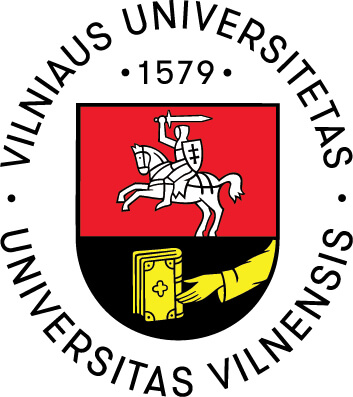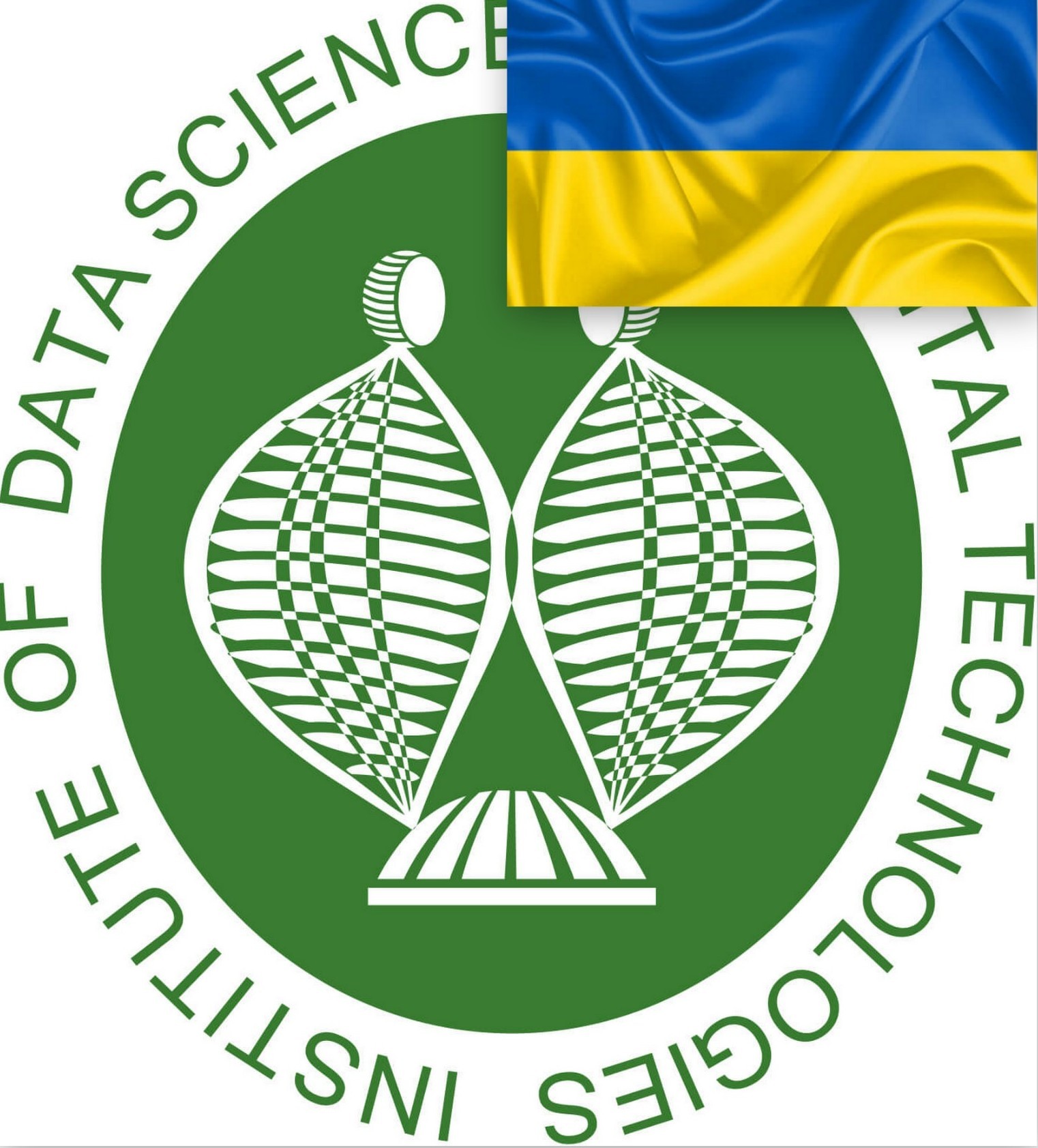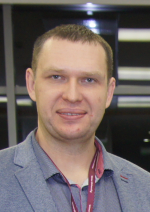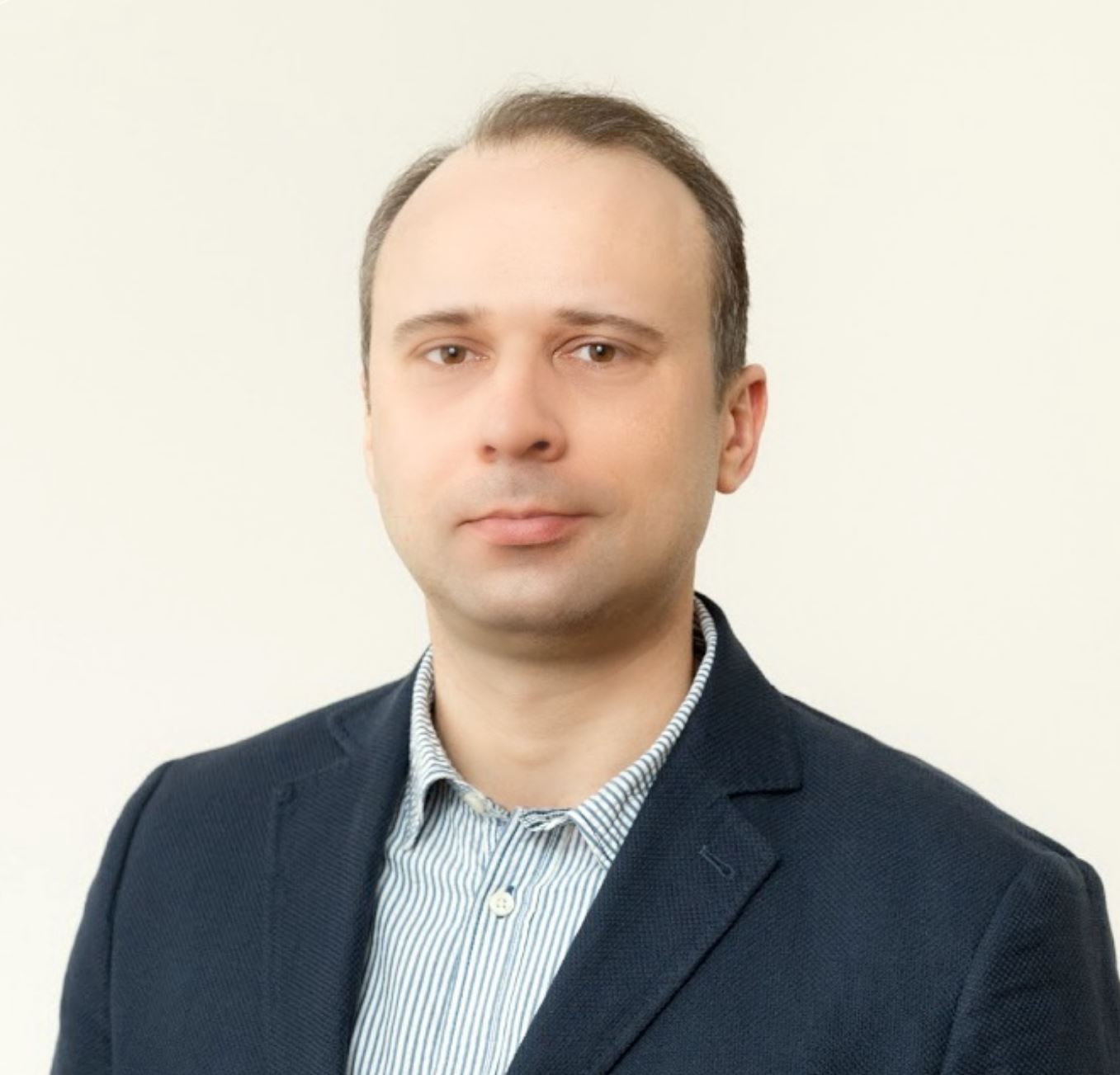Address
Akademijos st. 4, room 633,
Vilnius, Lithuania
Head of the Group
Prof. dr. Remigijus Paulavičius
News
Follow us on LinkedIn:
https://www.linkedin.com/company/blockchain-quantum-technologies-group/posts/?feedView=all
Team
We are the "Blockchain and Quantum Technology Group" at Vilnius University, Lithuania, dedicated to Quantum Computing, DLT, Blockchain, Operational Research, AI and Machine Learning research.
Our team comprises skilled researchers and Ph.D. students dedicated to both research and development (R&D) initiatives.
We are continuously welcoming motivated candidates to join us!
Employees |
Prof. Dr. Remigijus Paulavičius Department: Blockchain and Quantum Technologies Group Address: Akademijos st. 4, room 633, Vilnius |
Juozapas Rokas Čypas Department: Blockchain and Quantum Technologies Group |
Dr. Ernestas Filatovas Department: Blockchain and Quantum Technologies Group Address: Akademijos st. 4, room 633, Vilnius |
Dr. Mindaugas Juodis Department: Blockchain and Quantum Technologies Group Address: Akademijos st. 4, Vilnius |
Dr. Marco Marcozzi Department: Blockchain and Quantum Technologies Group Address: Akademijos st. 4, Vilnius |
Assoc. Prof. Dr. Viktor Medvedev Department: Blockchain and Quantum Technologies Group Address: Akademijos g. 4, room 613, Vilnius |
Glauco Endrigo Moura De Lima Department: Blockchain and Quantum Technologies Group Address: Akademijos st. 4, room 633, Vilnius |
Dr. Linas Stripinis Department: Blockchain and Quantum Technologies Group Address: Akademijos st. 4, Vilnius |
Phd students |
Sasan Ansarian Najaf Abadi Department: Blockchain and Quantum Technologies Group Address: Akademijos st. 4, Vilnius |
Juozas Dautartas Department: Blockchain and Quantum Technologies Group Address: Akademijos st. 4, Vilnius |
Glauco Endrigo Moura De Lima Department: Blockchain and Quantum Technologies Group Address: Akademijos st. 4, room 633, Vilnius |
Mission
Our mission is to spearhead advancements in Quantum Computing, Blockchain, AI, and related fields through Research, Education, Consulting, and Innovation.
Education
We teach “Blockchain Technologies”, “Quantum Computing”, and “Basics of Artificial Intelligence” courses for undergraduate and doctoral students. Additionally, we facilitate student internships, workshops, and various educational events.
Consultancy
We collaborate with research institutions and businesses to develop innovative solutions based on Quantum Computing, AI, Optimization, and DLT. From conducting fundamental research to designing prototypes, we actively contribute to the implementation of novel projects.
Research Areas
- Quantum Computing
- Blockchain and DLT technology
- Artificial Intelligence
- Machine Learning
- Deep Learning
- Global optimization
- Bilevel Programming
- Multi-Objective Optimization
- Evolutionary Algorithms
- Optimization software
- High-Performance Computing
- Cloud Computing
- Image Processing
- Internet of Things (IoT)
- Data Mining
- Big Data Analysis
- Numerical analysis
- Statistical data analysis
science and education
Phd Students
| Name, Surname | Supervisor | Field of study |
Theme | Time of study |
| Sasan Ansarian Najaf Abadi | Dr. Ernestas Filatovas | N 009 | Design and Optimization of Quantum-Based and Hybrid Machine Learning Algorithms for Real-World Data Analysis Problems |
2024-2028 |
| Juozas Dautartas | Assoc. Prof. Dr. Viktor Medvedev | T 007 | Machine learning-based methods for generating deceptive and obfuscated malware to strengthen cybersecurity. |
2023-2027 |
| Glauco Endrigo Moura De Lima | Prof. Dr. Remigijus Paulavičius | N 009 | New quantum representations of molecular systems for quantum generative models |
2025-2029 |
 Now you are in the 1st Lithuanian (.LT) domain.
Now you are in the 1st Lithuanian (.LT) domain. 









